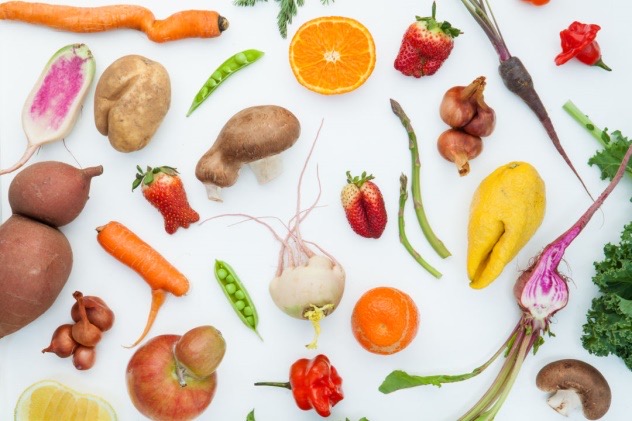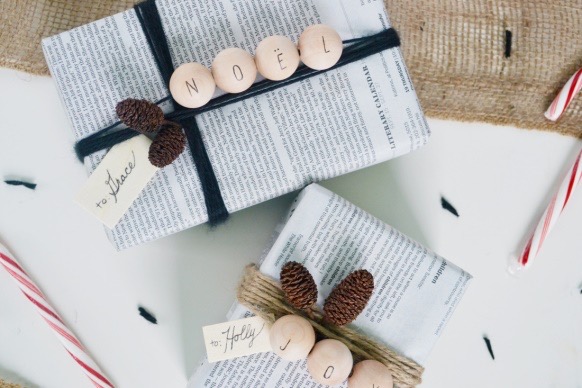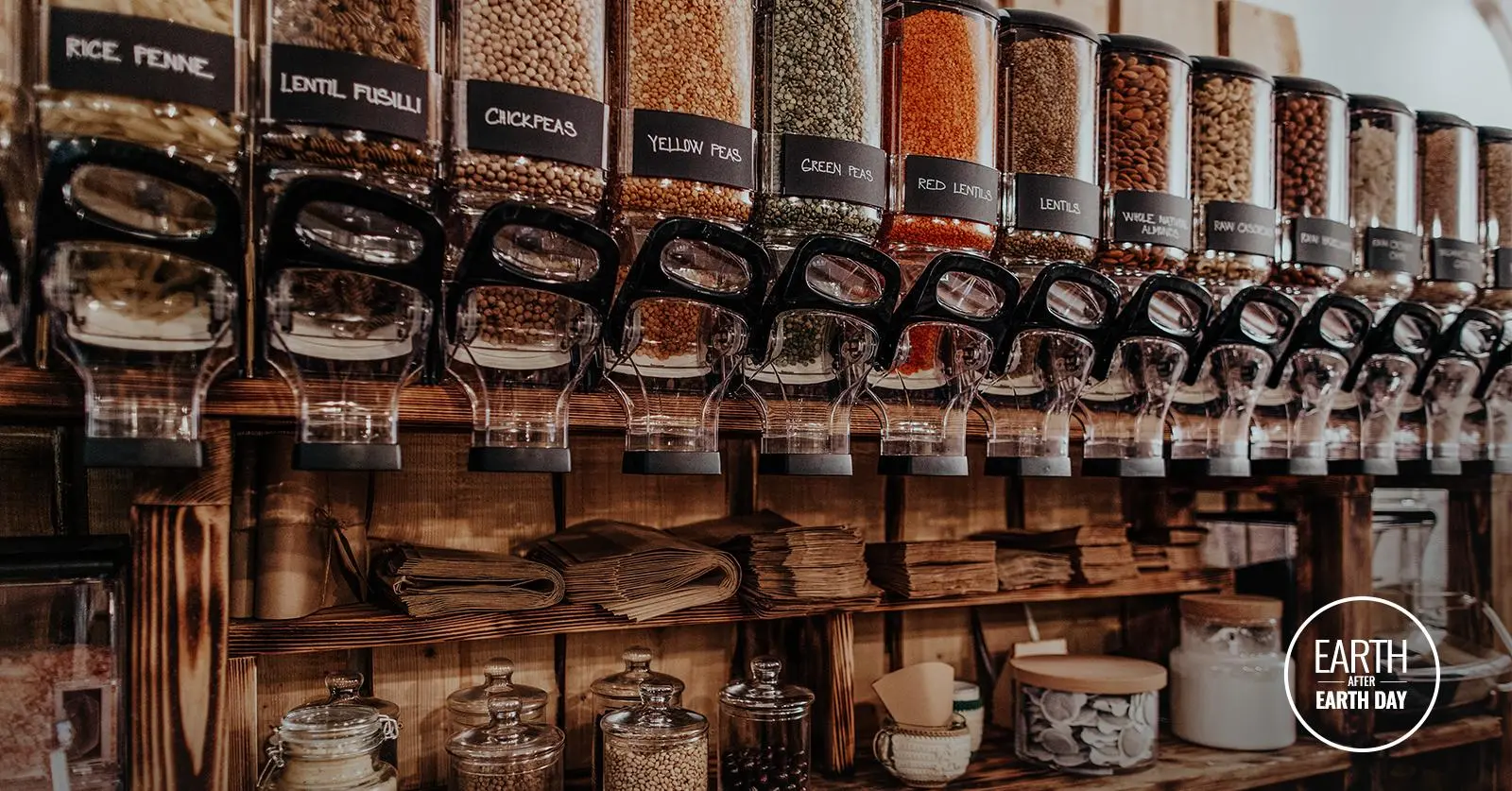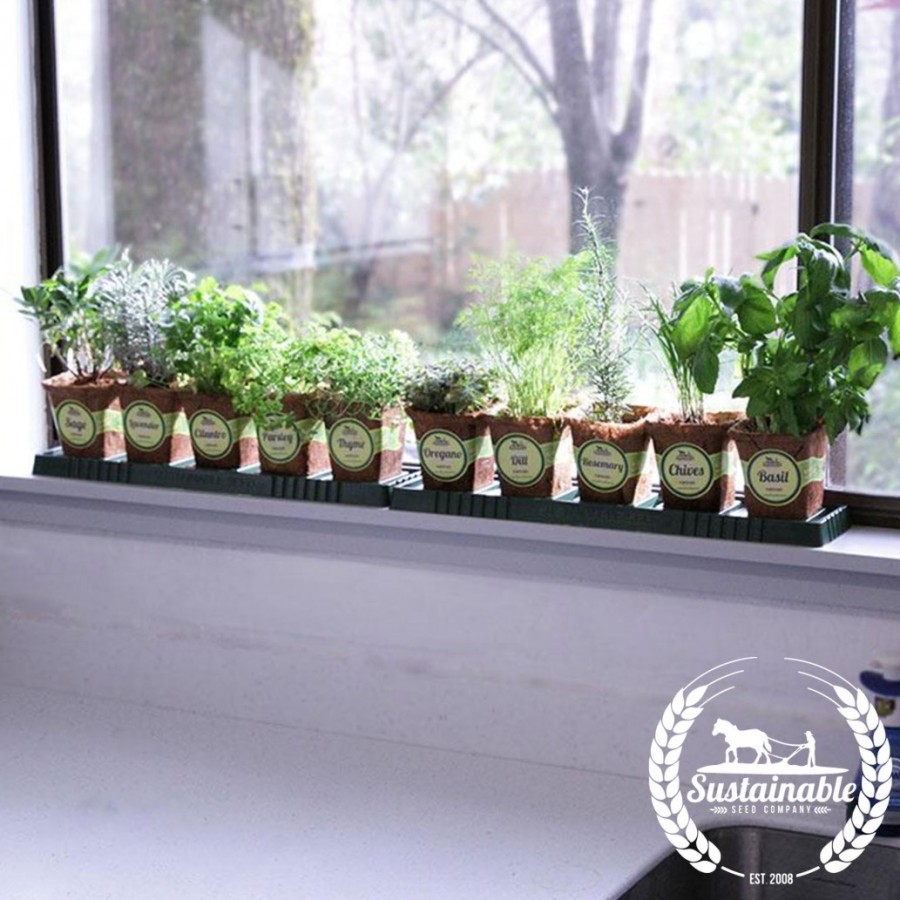Blog
Let's Talk Zero Waste for Earth Day!
by Danielle Frevola, Center for Conservation Apprentice
Happy Earth day! Earth day is one of my favorite days of the year because not only is it an excuse for me to give Mother Earth some extra lovin’, I love seeing everyone else share the love too! Just like myself, I think many people do try to show Mother Earth how much we appreciate her every day, but it is no lie that it can be energetically expensive to live an environmentally harmless life.
But Earth day is a refreshing reminder that all of our efforts are worth it. Every year I try to go the extra mile on Earth Day, and to celebrate this year, I’m giving myself one large challenge that I know our Mother will enjoy- I’m going to start incorporating some zero waste changes into my life.

Zero Waste
So what is “zero waste”? Zero waste is a sustainability practice that leads to no landfill waste. When I first heard about this practice, I was eager to become zero waste overnight but I quickly realized just how much effort it takes to not throw anything away.
Unfortunately, I don’t think I am alone when I say that I had no idea how much trash I produce. Our entire culture is engulfed in consumption and we don’t think twice when we throw something away. We put our trash on the curb one night, and the next night, it's gone! We don’t think about where it goes, or that we are just one of the millions of households doing this. The trash is out of sight and out of mind.
By incorporating some zero waste practices into my daily life, I’m hoping to break this mindset.
To remind myself why it is so important to start incorporating zero waste practices into my life, I looked up some “fun” facts about the amount of trash our society produces:
- Approximately one-third of the world’s food is wasted every year. That’s roughly 2,600 pounds, or $1 trillion worth of food.
- Large quantities of food are thrown out because the food is considered “ugly”*.
- Roughly half of the plastic produced every year is for single-use plastic.
- Globally, we produce 78 million tons of plastic, and about 32% of that end up in the oceans.
- One million plastic water bottles are bought every minute.
- Because of the amount of plastic we dump into our environment, it's estimated each person may be consuming an average of 5g of plastics a week.
- In 2017, 11.2 million tons of textile waste (clothes, towels, carpet, etc.) made its way to the landfills in the United States.
It's difficult to read these facts and simultaneously feel like you can make an impact. But I’m a firm believer in “every one person can make a difference” and that doing something is better than doing nothing. So regardless of whether I can convince everyone I know to incorporate zero-waste practices into their everyday life, I am still going to do my part to protect our Mother Earth.
Below are some zero-waste tips that I have compiled in my search for how to produce less trash. I’ve organized the list into three categories: 1) easy, 2) moderate, and 3) intense practices.

Easy Zero Waste Practices
- Plastic toothbrush for bamboo toothbrush: Bamboo grows quickly and therefore is very sustainable to produce. Bamboo also breaks down much faster than plastic.
- Reusable water bottles instead of plastic: If you are in the market for a reusable water bottle, I’d recommend buying a stainless steel bottle (no plastic at all and steel lasts longer).
- Reusable grocery bags instead of plastic or paper: To help you remember your bags, try putting them in your car after you unload the groceries so you are ready to go the next time!
- Reusable produce bags: Instead of using plastic bags for produce and bulk items, use reusable bags!
- Silicone baking sheets instead of tin foil: Tin foil is one of those things we throw away without thinking twice. That waste can add up and add up fast. Instead, purchase some silicone baking sheets that just need to be washed after each use.
- Beeswax instead of plastic wrap: An easy alternative for plastic wrap is bee wax wraps. It can be used over and over for things like produce, cheese, Tupperware lids, and more!
- Newspaper or paper bags instead of wrapping paper: Not all wrapping paper is recyclable. Instead of using an item that has only one purpose, reuse an item that can be recycled!
- Reusable straw instead of plastic straw: Or just no straw! Or, purchase a foldable keychain straw so you never leave home without it.
- Using package-free bar soap instead of liquid soap: You can usually find cheap package-less bar soap at the grocery store. Also, several companies are making package-free shampoo bars!
- Use a reusable coffee thermos instead of the disposable ones: The disposable cups you get at coffee shops are lined with a film which makes them non-recyclable! Instead, bring your own thermos or coffee mug to the coffee shop.

Moderate Zero Waste Practices
- Bring reusable food storage containers when going to restaurants for leftovers: When you eat out, try bringing reusable food storage containers for leftovers instead of using the styrofoam or the plastic-lined to-go containers. Also, now your lunch/dinner is already packed and ready to go for tomorrow!
- Shop less: The best way to produce less waste? Buy less stuff! If you don’t need it, don’t buy it!
- Shop reuse stores: When you do need to buy something, shop at reuse stores or local online marketplaces (Facebook, Craigslist, Next Door).
- Handkerchief instead of tissues: Even though the paper is better than plastic, a lot of energy is used to make one box of tissues. Instead cut up an old T-shirt, use a bandana, or a handkerchief
- Use fewer paper towels: Again, cut up an old T-shirt! Keep a bin under the sink for clean and dirty reusable towels.
- Buy in bulk: Buying bulk food eliminates food packaging. For dry bulk items, use reusable produce bags; for wet items, use mason jars.
- Say “NO” to promotional pens and freebies: It’s so easy to grab all the freebies at events, but do you really need that extra frisbee? The more we take, the greater the demand for it.
- Eat less fast food: Fast food is so convenient. However, EVERYTHING in a fast food meal has packaging (even the condiments!). Instead, try making a large meal (or two) at the beginning of the week and keeping the leftovers for those nights you don’t feel like cooking.

Intense Zero Waste Practices
- Compost: Food waste broken down can create methane (the most potent greenhouse gas), however composting creates a healthy bacterial community that decomposes of our food without methane. Composting also creates healthy fertilizers for your garden or potted plants, instead of using chemical fertilizers and peat.
- Make your own food when you can: One of my conservation confessions is eating an individually wrapped granola bar every single day. Instead of continuing to buy these easy convenient snacks, I’ve opted to make my own!
- Fix and repurpose instead of buying new: Instead of buying a brand new chair set for your table because a few have wobbly legs, see what you can do to fix the legs. You’ll learn some new skills, save money, and generate less waste.
- Grow your own food or shop at farmers' markets: The environmental cost of transporting food is high. And most of the food at shopping markets comes in packaging. To avoid all of that, buy your food locally at farmers' markets, or grow your own!
HUGE DISCLAIMER: Many tips I provide involve making swaps for something you may already have. But buying something new to replace something that works is not very zero waste friendly! If you don’t need it, don’t buy it!
Regardless if you are trying to be zero waste for a day or a year, it will be hard. I know I won’t be doing it perfectly, but trying to make environmentally friendly decisions is better than not trying at all. Happy zero wasting! Good luck!
Good Resources for Zero Waste
References
- Food and Agriculture Organization of the United Nations
- 8 Facts to Know about Food Waste and Hunger from World Food Program USA
- Single-Use Plastic Sustainability from the United Nations
- The New Plastics Economy: Rethinking the Future of Plastics from the World Economic Forum
- A Million Bottles a Minute: The World's Plastic Bottle Binge is as Dangerous as Climate Change from The Guardian
- How Much Microplastics Are We Ingesting? A Study from the University of Newcastle in Australia
- Facts and Figures about Materials, Waste, and Recycling from the U.S. EPA